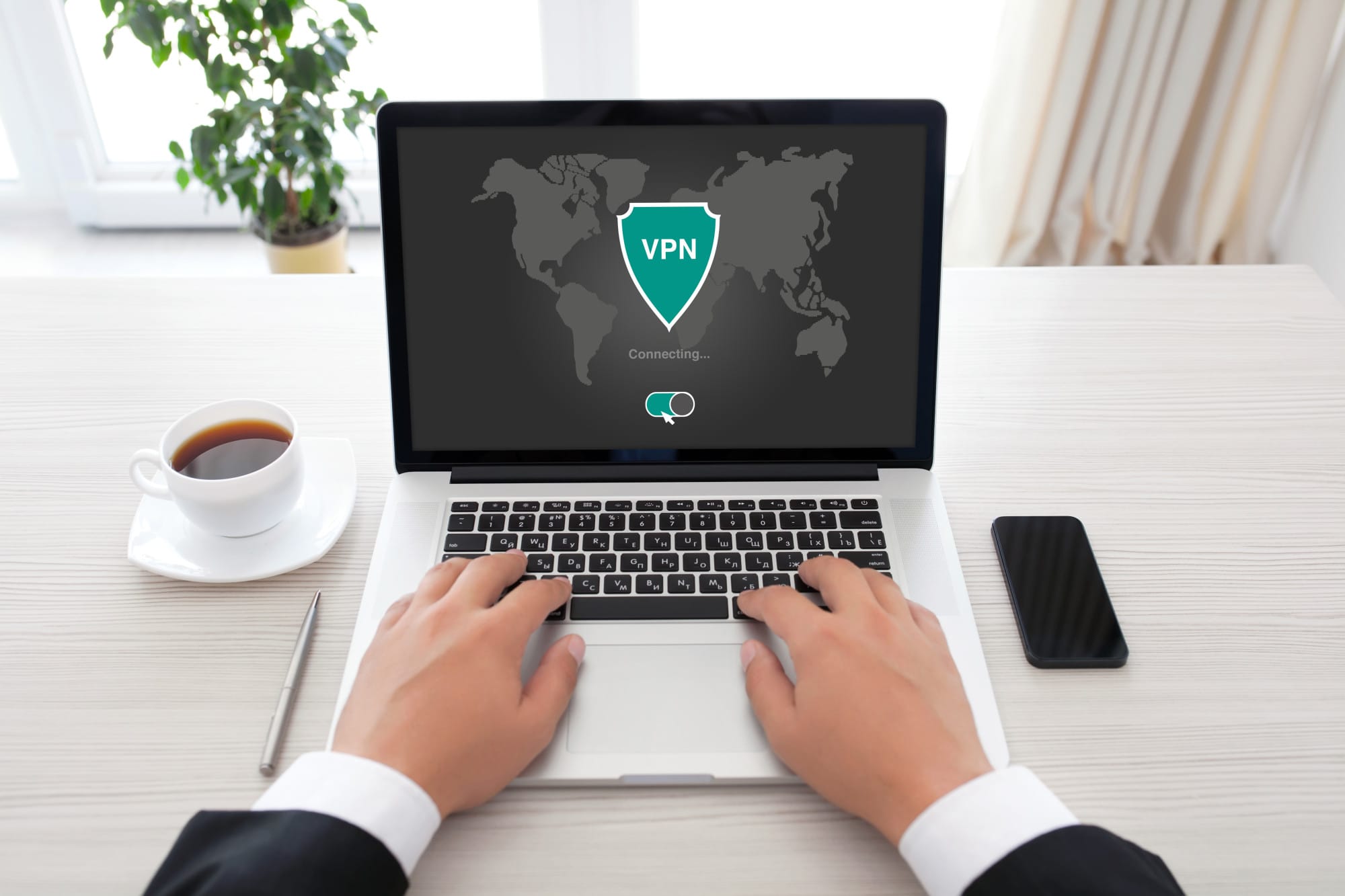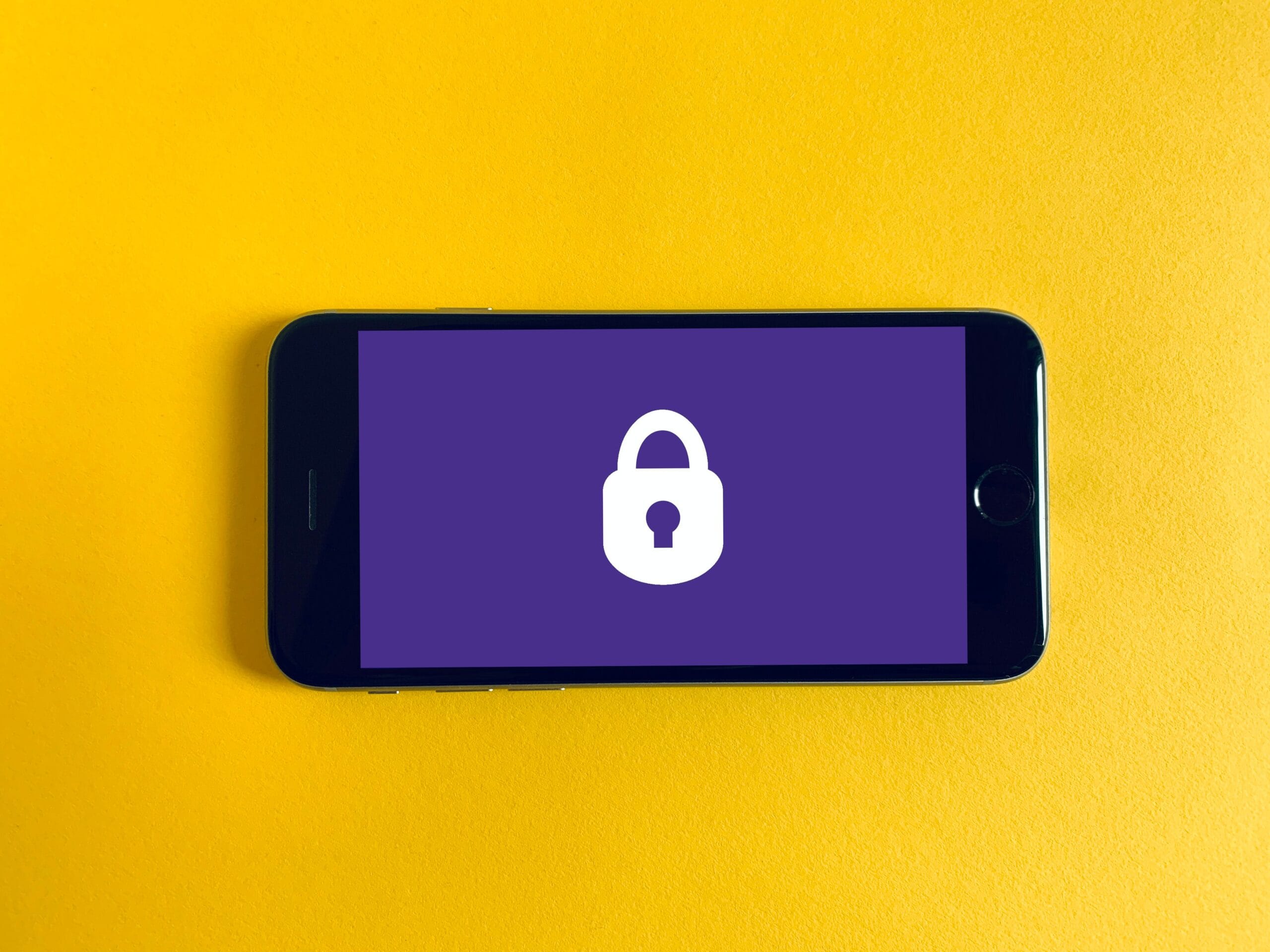Should Your Company Have a Business VPN?
In 2021, about half of Canadian SMBs were affected by data breaches, with the average cost of a data breach being around $6.75 million. This statistic shows that protecting your data from potential threats is more critical than ever. One way to do this is by investing in a business VPN.
If you’re unfamiliar with a business VPN, it’s a Virtual Private Network that provides a secure, encrypted connection between your devices and the internet. This is important because it helps to keep your data safe from online threats like hackers and malware.
A business VPN can be an excellent investment for companies of all sizes. Here are some benefits of having a business VPN.
When Things Go Wrong: How to Build a Solid Troubleshooting Protocol
Did you know there are about 15 to 50 errors per 1000 lines of delivered code? As a result, it’s becoming more crucial to have proper troubleshooting procedures in place.
Customer service usually fails because your representatives aren’t ready to solve every problem. Therefore, businesses need to create customer service protocols to prevent failures when things go wrong.
Troubleshooting refers to the method used to solve problems. Companies should establish a troubleshooting protocol for both customer service and employees.
Without practical solutions, customers will start looking elsewhere for their needs. Keep reading to learn how to build a solid troubleshooting process. (more…)
Educating Your Employees on Digital Hygiene Practices
Did you know that cyber crimes are becoming more prevalent and that signs show they will continue to become more prevalent year by year? Many people are amazed at all the benefits of technological progress. However, technological progress also brings certain disadvantages along with it.
As this trend continues, digital hygiene will become more important for businesses. If you have not already suffered because of poor data hygiene, consider yourself lucky. It is not because cybercrime is an unlikely occurrence.
So how can you ensure that your employees follow great data hygiene practices? Read on to learn about the most important things to ensure that your employees know about proper data security! (more…)
9 Cybersecurity Tips Every Business Should Follow
A massive global shift to remote working environments has created an open season for cybercriminals. No business – big or small – is safe. Small and medium businesses (SMBs) seemingly have a target on their backs, so strengthening your company’s security posture is essential right now.
There are ways to protect business data against cyber attacks. Here are nine tips to help your business boost
resilience to cyber attacks:
1. Conduct a security risk assessment
Understand the most critical threats to your business, like system failures, natural disasters, and malicious human actions, and determine the impact they may have on your company.
2. Train your employees
Conduct employee awareness training across your workforce to educate users on common scams and phishing techniques. Also, because cybersecurity threats are constantly evolving, ensure your training curriculum is relevant and updated frequently.
3. Use multiple layers of protection
Implement a password policy that requires strong passwords and monitor your employee accounts for breach intel through technologies to ensure your network and endpoints are not vulnerable to attacks. Consider mandatory multifactor authentication, ongoing network monitoring, and hard drive encryption.
4. Keep software up to date
Unpatched or out-of-date software will allow some kind of threat to breach your security. Cybercriminals exploit software vulnerabilities using a variety of tactics to gain access to computers and data. Managed service providers (MSPs) can automate this for businesses like yours with a remote monitoring and management tool. Don’t forget to keep your mobile phones up to date as well.
5. Create straightforward cybersecurity policies
Write and distribute clear rules and instructions on cybersecurity practices for employees. This will vary from business to business but may include policies on social media use, bring your own device (BYOD), authentication requirements, and more.
6. Back up your data
Daily (or more frequent) backups are a requirement to recover from data corruption or loss resulting from security breaches. Consider using a data protection tool with your MSP help that takes incremental data backups periodically throughout the day to prevent data loss.
7. Enable uptime
Choose a powerful data protection solution that enables the “instant recovery” of data and applications. 92% of MSPs report that clients using business continuity disaster recovery (BCDR) products are less likely to experience significant downtime from ransomware and are back up and running quickly. Application downtime can significantly impact a business’s ability to generate revenue.
8. Know where your data resides
The more places data exists, the more likely it is that unauthorized individuals will be able to access it. Use data discovery tools to find and appropriately secure data. Software-as-a-Service (SaaS) applications that allow for corporate control of data.
9. Control access to computers
Each access point poses an individual risk, so limited employee access to specific data they need to perform their jobs. Plus, administrative privileges should only be given to trusted staff. Partnering with a managed service provider will alleviate your cybersecurity concerns. Working with an MSP will give you access to quality advice on what technologies you need to protect your organization in the fight against cybercrime.




